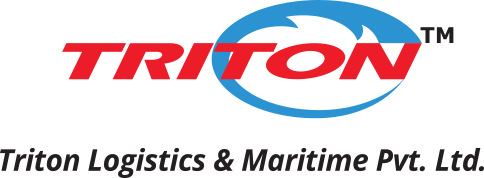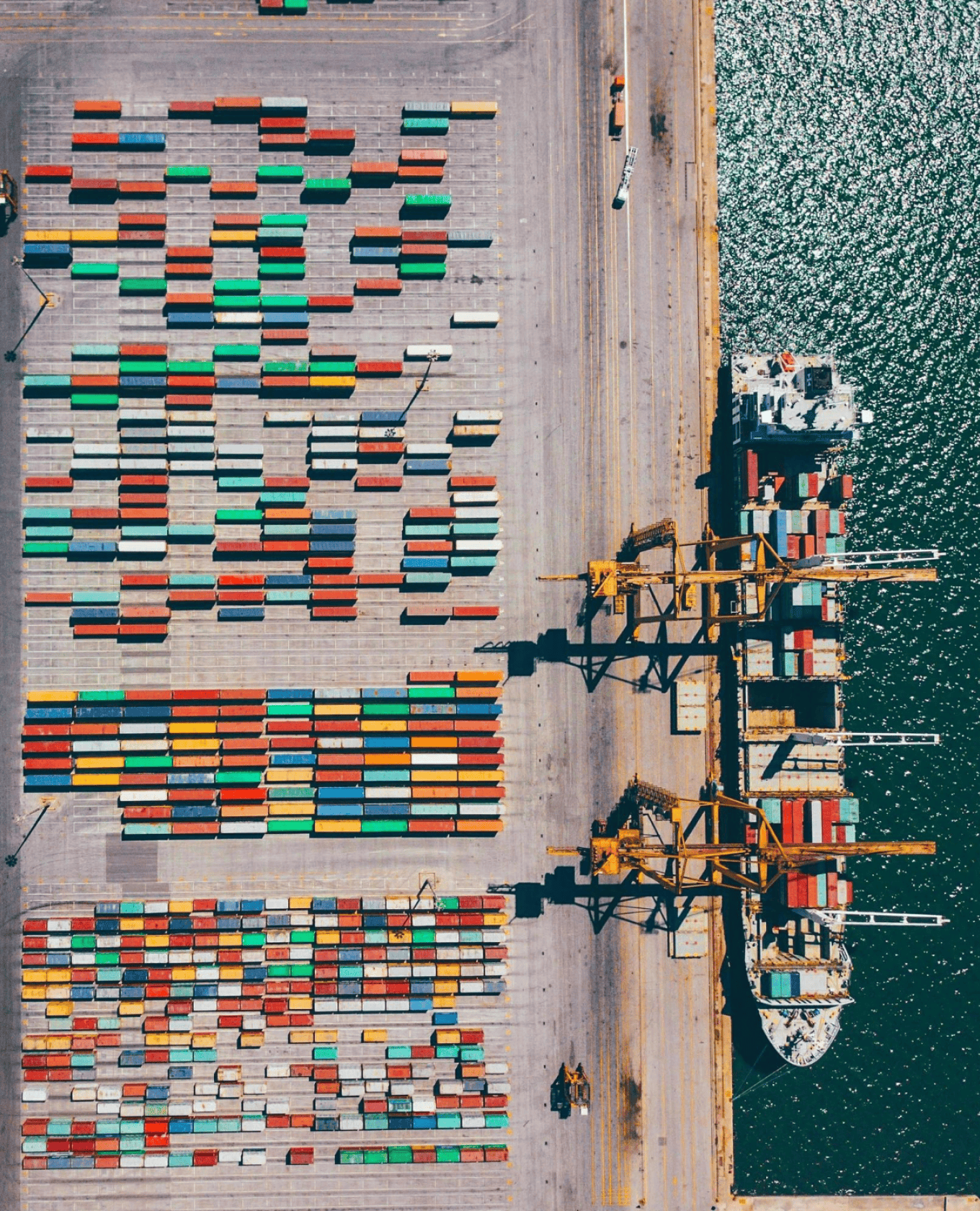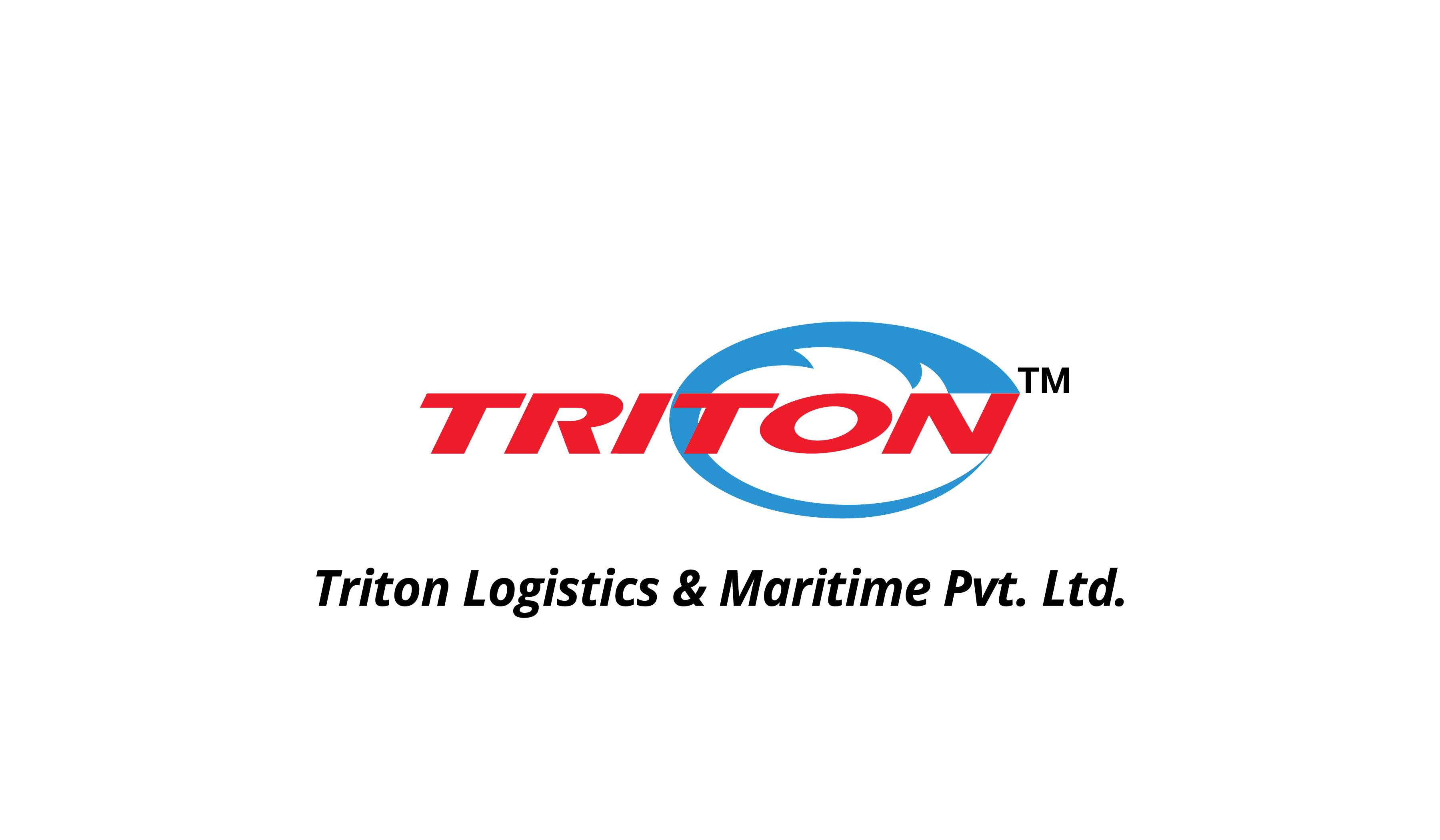
The space industry is entering a new era. NASA, ISRO, SpaceX, and other private companies are preparing for interplanetary missions. The emergence of spaceports globally demonstrates that logistics is as critical as engineering in enabling space travel. Transporting launch pad materials, rocket stages, and advanced technology across countries requires exact coordination, specialized handling, and global expertise.
Each shipment must consider dimensions, weight, and sensitivity. For example, a booster module measuring 12 meters and weighing 18 tons cannot travel like ordinary cargo. Route analysis, lifting capacities at ports, and climate variations all factor into transport planning.
The Complexity of Building a Spaceport
A spaceport resembles a small city designed to withstand the forces of rocket launches. Components such as booster modules, engines, fuel tanks, and control centers require specialized handling due to their size, weight, and sensitivity.
Before shipment, a freight forwarder must assess route limitations, infrastructure, and environmental factors. According to the International Astronautical Federation, key space vehicle parts often travel thousands of kilometers, frequently passing through multiple countries and continents. For instance, transporting an engine assembly from the United States to India may require coordination across six jurisdictions, including port authorities, customs agencies, and national aviation regulators.

Ocean Freight in Space Logistics
Ocean freight is still the best way to move huge components of spaceports. Heavy-lift ships, modular barges, and custom ISO containers make it possible to move rocket stages safely, ground support equipment, and launch pad structures. Triton Maritime & Logistics ensures that each shipment from the factory to the port is safe by guaranteeing that the ships have stabilizing cradles and vibration monitoring to protect sensitive components.
Once components get to a port close to a launch site, we use special trailers, heavy-lift cranes, and careful planning to move them in multiple ways. This helps to ensure that the switch from ocean freight to ground transport goes smoothly and with the least amount of risk and delay.
Specialized Handling and Safety Standards
Environmental factors can be hazardous for aerospace parts. Changes in temperature, humidity, and vibration can damage fragile parts. Heavy-lift cranes, hydraulic jacks, and custom supports are used to rig and support parts during loading and transport carefully.
To ensure the structure’s safety throughout the entire trip, every shipment undergoes safety checklists, load simulations, and continuous monitoring. These steps are only meant to protect cargo from environmental and mechanical stresses, and they don’t repeat any rules or standards for equipment.
Technical Standards and Equipment in Spaceport Logistics
Transporting oversized spaceport components requires strict adherence to international standards and specialized equipment. Triton ensures compliance with:
- ISO 9001 & ISO 14001: for quality management and environmental responsibility.
- IMO (International Maritime Organization): regulations for heavy-lift and hazardous cargo transported by sea.
- IATA (International Air Transport Association): standards for air freight of sensitive aerospace components.
- ITAR (International Traffic in Arms Regulations): for shipments of controlled aerospace technology.
- EU Dual-Use Regulations – governing dual-purpose equipment with civilian and military applications.
Triton uses modular barges, custom ISO containers, and vibration-monitored rigging systems to maintain structural integrity. Coordination with port authorities, customs officials, and international agencies ensures compliance and timely delivery.

This technical framework highlights Triton’s capability to manage aerospace logistics with precision, global reach, and expertise that goes beyond standard freight forwarding services, demonstrating its clear differentiation in the market.
Project Logistics and Global Coordination
Spaceport construction requires parts from multiple regions. Triton oversees the complete supply chain, from ocean freight planning to final ground distribution. Project managers coordinate customs documentation, insurance, and regulatory compliance, while providing real-time tracking for each component.
For example, Triton managed the delivery of a control center module from France to a coastal port in India. The module was pre-assembled in Europe, transported on a modular barge, moved via rail for the final leg, and installed within 48 hours of arrival—demonstrating the precision required in aerospace logistics.
Multimodal Transport for Oversized Cargo
Many spaceport components begin their journey via ocean freight, but the final leg often involves ground transport or air freight. Lightweight rocket assemblies may travel by air freight to meet critical deadlines. Booster modules are moved via specialized trailers.
Triton’s predictive logistics planning integrates these modes, optimizing timing, cost, and safety. Each route is evaluated for bridge clearances, crane lifting limits, and road strength. Contingency plans are prepared in case of infrastructure or weather disruptions. This ensures cargo reaches its destination on schedule.

Regulatory and Environmental Compliance
International aerospace logistics operates under strict regulations. Oversized or sensitive shipments require approvals under ITAR, EU dual-use regulations, and national aviation laws. Environmental considerations include fuel-efficient routing, sustainable packaging, and minimizing carbon emissions.
Triton applies these requirements rigorously, striking a balance between regulatory compliance and eco-efficient logistics. By mapping optimal routes, using low-emission transport modes, and monitoring fuel consumption, we ensure both cargo and the environment are protected.
Preparing for the Future of Space Logistics
Future spaceport projects will demand modular launch pads, reusable rockets, and automated handling systems. Triton invests in advanced logistics planning, multimodal integration, and predictive coordination technologies.
We continuously track emerging aerospace standards and maintain a global network of freight forwarders to ensure the timely and compliant delivery of oversized and sensitive cargo. This proactive approach positions Triton as a trusted partner for the most complex aerospace logistics challenges.
Why Triton Maritime & Logistics is Different than Other Freight Forwarders
Differentiator | What Sets Triton Apart | Key Benefit for Clients |
Aerospace & Project Focus | Logistics expertise dedicated to aerospace and large-scale projects | Deep understanding of mission-critical cargo handling and environment sensitivity |
Engineering-Backed Logistics | Pre-shipment technical route and load assessments | Minimizes risk by anticipating infrastructure and environmental constraints |
Comprehensive Compliance System | Proactive management of ITAR, IMO, EU dual-use, and customs | Smooth regulatory clearance avoiding operational delays |
Layered Cargo Protection | Specialized rigging, vibration monitoring, and environmental controls | Enhanced safety for fragile and high-value aerospace equipment |
Unified Project Ownership | Single accountable team manages end-to-end logistics | Streamlined coordination with real-time progress updates and issue resolution |
Strategic Global Network | Worldwide local expertise paired with global reach | Efficient customs handling and faster transit through diverse jurisdictions |
Sustainable Logistics Approach | Focus on eco-friendly routes and low-emission transport options | Reduced environmental footprint aligned with modern corporate responsibility |
Conclusion
Constructing spaceports involves transporting oversized, high-value components under complex regulatory and environmental conditions. Triton Maritime & Logistics provides end-to-end expertise in project logistics, integrating ocean and air freight with multimodal solutions, real-time tracking, and strict compliance. Our approach ensures precision, safety, and efficiency, supporting the continued expansion of global space infrastructure. Speak to our logistics specialists to learn how we can manage complex cargo solutions for your projects.







